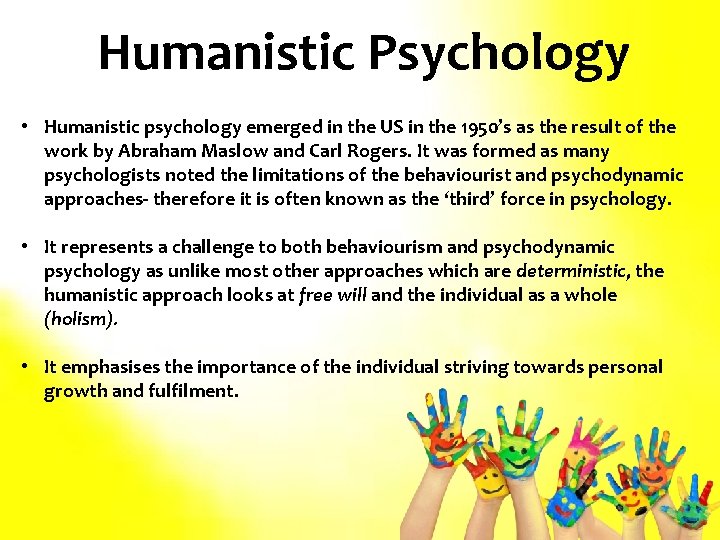In this blog post, we will explore humanistic psychology and its various aspects. We will discuss what it is, its history and development, as well as how it is applied in therapy and other areas. Furthermore, we will also hear from experts in the field about their thoughts on this branch of psychology. Finally, we will provide some resources for those who want to learn more.
Contents
Understanding Humanistic Psychology
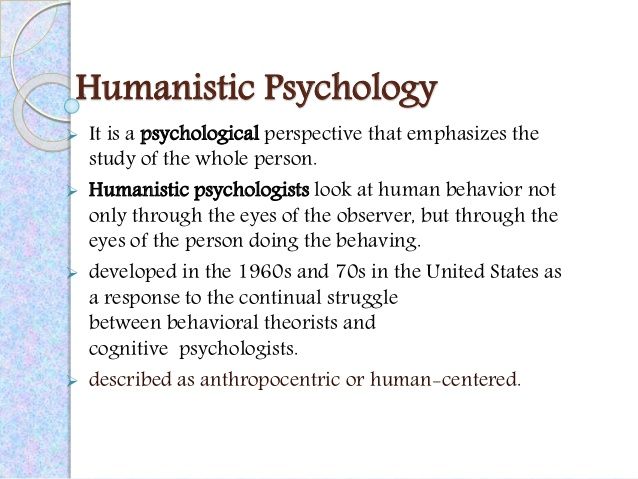
Humanistic psychology is a psychological perspective that emphasizes the study of the whole person. Thus, it includes their unique experiences, thoughts, feelings, and behaviors. In addition, it emphasizes the importance of personal growth and self-actualization. In this manner, it plays an important role in our understanding of mental health and wellbeing.
Theory Behind Humanistic Psychology
The theory behind humanistic psychology is based on the belief that people are innately good. This means that we have the potential to grow and develop in positive ways. However, this growth is often hindered by our environment, which can be negative or unsupportive.
Maslows Hierarchy of Human Needs
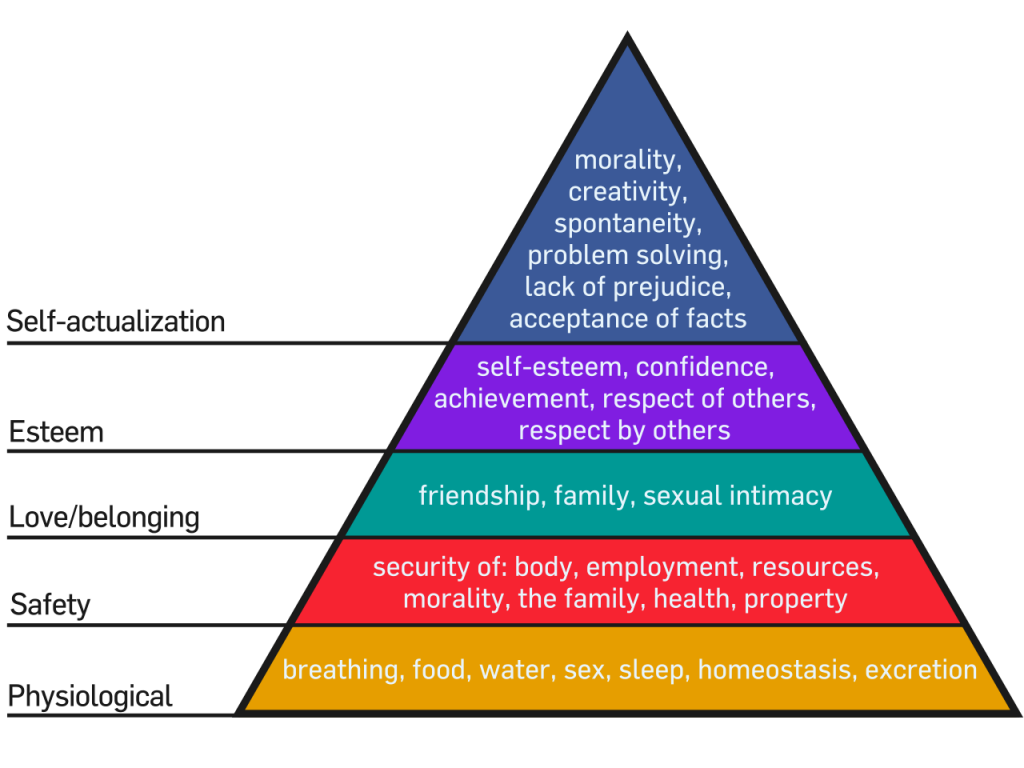
One of the most famous theories in humanistic psychology is Maslow’s hierarchy of human needs. This theory states that there are certain needs that we must meet to grow and develop. These needs include things like food, water, shelter, and safety. Once these basic needs are met, we can start to focus on higher-level needs such as love, belonging, and self-esteem.
Postulates of Humanistic Psychology
There are three main postulates of this branch of psychology:
- People are innately good and have the potential for personal growth
- The environment plays a role in hindering or supporting personal growth
- People are motivated by a need for self-actualization, which is the desire to reach their full potential.
Humanistic Psychology Vs. The Medical Model
One of the main differences between humanistic psychology and the medical model is that humanistic psychology takes a more holistic view of the person.
- The medical model focuses on diagnosing and treating mental illness,
- Whereas humanistic psychology focuses on personal growth and self-actualization.
Application of Humanistic Psychology
This branch of psychology is applied in several different ways.
- It is used in therapy to help people overcome challenges and reach their full potential.
- In addition, it is used in research to better understand human behavior.
- Furthermore, it is used in education to promote personal growth and development.
History, And Development
This branch of psychology was founded in the 1950s by a group of psychologists who were dissatisfied with the existing psychological models. Since they felt that these models were too focused on pathology and did not take into account the whole person.
Unfolding Humanistic Psychology
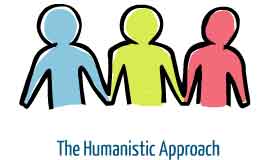
This branch of psychology is an important perspective that provides a more holistic view of the person. Thus, it is a valuable approach that can help people overcome challenges and reach their full potential.
What to Expect In Therapy
If you are considering humanistic psychology therapy, there are a few things you can expect.
- First, your therapist will focus on the whole person, including your unique experiences, thoughts, feelings, and behaviors. They will also emphasize the importance of personal growth and self-actualization.
- Second, your therapist will use several different techniques to create a supportive and non-judgmental environment. These techniques may include active listening, empathy, and self-disclosure.
- Third, your therapy will be tailored to your individual needs and goals.
- Fourth, you can expect to feel supported and respected by your therapist.
- Fifth, you can expect to work hard in therapy.
Who Can It Help
- This branch of psychology can help anyone interested in understanding themselves and others better.
- It can also be helpful for those who are struggling with mental health challenges.
Techniques Used In Humanistic Psychology
There are several techniques that professionals employ in this branch of psychology. However, some of these techniques include:
- Empathy
- Genuineness
- Self-disclosure
- Active listening
- Unconditional positive regard
These techniques are helpful to create a supportive and non-judgmental environment in which people can explore their thoughts and feelings.
Evaluating Humanistic Psychology
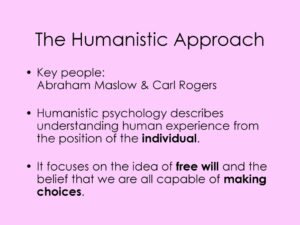
Researchers and experts are of the view that this branch of psychology is generally a positive and helpful approach. However, it has its share of criticisms.
Common Concerns And Limitations
- Does not take into account the role of biology in mental health.
- Can be difficult to test humanistic theories empirically.
Benefits of Humanistic Psychology
There are several benefits to using this branch of psychology. However, some of these include:
- A more holistic view of the person
- An emphasis on personal growth
- A better understanding of how our environment can impact our mental health.
Finding a Humanistic Psychologist
If you have an interest in finding a humanistic psychologist, there are a few things you can do.
- You can search for one in your area by using the American Psychological Association’s Psychologist Locator tool.
- You can also check with your local mental health center or hospital to see if they have any recommendations.
What To Look Out For
When you are looking for a humanistic psychologist, there are a few things you should keep in mind.
- First, make sure that the psychologist has a license and has experience working with people who have similar challenges to you.
- Second, ask about their approach to therapy and make sure it is compatible with your needs and goals.
- Finally, be sure to ask about their fees and whether they accept your insurance.
Red Flags To Avoid
When you are searching for a humanistic psychologist, there are a few red flags that you should be aware of.
- First, avoid any psychologist who claims to have all the answers or who promises quick results.
- Second, avoid any psychologist who seems judgmental or dismissive of your experiences.
- Finally, avoid any psychologist who has no license or who does not have experience working with people like you.
Pursuing Training In Humanistic Psychology
If you have an interest in becoming a humanistic therapist, there are many different paths you can take. For instance:
- A good place to start is by pursuing a degree in psychology or counseling.
- Once you have your degree, you can then look into specific training programs that focus on humanistic therapy.
These programs are usually offered at the graduate level and may require additional coursework and clinical experience.
Hearing From Experts
“Humanistic psychology is a valuable perspective because it allows us to see the individual as a whole person, rather than just a collection of symptoms.”
-Dr. Sarah Allen, Licensed Psychologist
“I believe that humanistic psychology is helpful because it reminds us that we are all unique individuals with our thoughts, feelings, and experiences.”
-Dr. Rachel Mitchell, Licensed Psychologist
“Humanistic psychology is important because it helps us to understand ourselves and others more compassionately.”
-Dr. Jenna Brown, Licensed Psychologist
Case Study
“I was struggling in my marriage and I didn’t know what to do. My therapist used a humanistic approach and it helped me to understand myself and my relationship better. Thus, I was able to work on some of the issues that were causing problems in my marriage. Additionally, we were able to improve our relationship.” -Mary, age 33
Resources

If you would like to learn more about humanistic psychology, there are several resources available. However, here are a few that you may find helpful:
- The Humanistic Psychology Association: This website provides information about humanistic psychology and its history, as well as resources for practitioners.
- The Association for Humanistic Psychology: This website provides information about humanistic psychology, including its history and key figures.
- The Center for Humanistic Studies: This website provides information about humanistic psychology, including its history and key figures.
Conclusion
In conclusion, humanistic psychology is a critical perspective within the field of psychology that emphasizes the importance of understanding the whole person. As a result, it has contributed significantly to our understanding of mental health and illness and continues to play an important role in therapy today.
While it has its critics, many experts believe that humanistic psychology offers a valuable lens through which to view and understand human behavior. Furthermore, if you have an interest in learning more about this approach, there are many excellent resources available.
A Word From Therapy Mantra
Your mental health — Your psychological, emotional, and social well-being — has an impact on every aspect of your life. Positive mental health essentially allows you to effectively deal with life’s everyday challenges.
At TherapyMantra, we have a team of therapists who provide affordable online therapy to assist you with issues such as depression, anxiety, stress, workplace Issues, addiction, relationship, OCD, LGBTQ, and PTSD. You can book a free therapy or download our free Android or iOS app.
